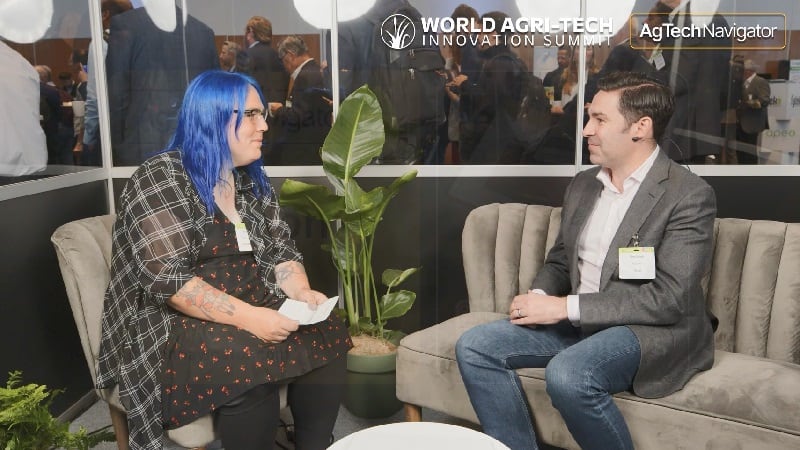The Integrated Centre of Excellence (CoE) for Cattle and Plant Genomics aims to modernise India’s cattle and crop breeding programmes.
It was launched by Leads Agri Genetics, a subsidiary of Leads Connect, with the ambition to “catapult” India to the forefront of global agri-genomics research and innovation.
“The launch of this centre comes at a pivotal moment for India’s livestock and agriculture sectors, where science and sustainability are converging to redefine productivity. India, with the largest population in the world and fastest growing major economy, faces a rising demand for proteins and a need to enhance milk and crop productivity amid climate challenges,” said Navneet Ravikar, Director, Leads Agri Genetics.
Speaking to AgTechNavigator, Ravikar said the firm saw a need for India’s traditional breeding practices to be enhanced with advanced technology.
“We at Leads Agri Genetics identified a critical gap: the need for advanced technology and integration of genomics solutions with traditional breeding practices… Progressive dairy farmers and state programs are seeking advanced solutions for breed improvement and genetic upgradation of indigenous cattle.”
According to the firm, it will be the first Indian private company to have imported the Gir embryos from Brazil under the Breed Improvement Program.
According to the Food and Agriculture Organisation (FAO), Gir are a native milk cattle breed that is known for their tolerance to stress conditions and resistance to various tropical diseases.
Additionally, the centre will collaborate directly with experts from Brazil to strengthen research and share expertise.
“The centre also benefits from direct collaboration with Brazilian experts, ensuring that global best practices in IVF, embryo production, and genetic indexing are embedded into every process. Supported by a strong field network, meticulous data-driven traceability, and cutting-edge genomics capabilities – including Next-Generation Sequencing (NGS), SNP genotyping microarrays, and a sophisticated bioinformatics platform – the centre represents first-of-its-kind bridge between global research excellence with India’s indigenous cattle ecosystem,” said Ravikar.
A new chapter
The new centre is set to drive a genomics revolution in agri-science, opening multiple transformational opportunities, Ravikar told this publication.
Firstly, it will pioneer the improvement of indigenous breeds, producing and exporting high-quality embryos and genetics to emerging markets across Asia, the Middle East, and Africa.
The initiative also strengthens the group’s farm-to-fork vision, ensuring genetic productivity gains translate into higher milk yields, better nutrition, and improved sustainability outcomes.
Ravikar also highlight that centre will partner with national research agencies seed companies, and global institutions as it aims to accelerate discoveries in animal and crop genomics.
It will also expand collaborations with laboratories in the Middle East and Africa, scaling genomic selection on an international level.
“Ultimately, the centre is not just a facility, it serves as a platform for innovation, global partnerships, and rural prosperity,” said Ravikar.
Tackling challenges
The company is focused on improving milk production, feed efficiency, fertility, and conception rates while building live success stories through genomics-based selection programs for indigenous cattle.
Efforts are also underway to scale genetic gains without compromising biodiversity and to develop robust genomic databases suited to India’s unique climatic and management conditions.
A key priority is translating advanced laboratory science into field-ready solutions, enabling small and medium dairy farmers to benefit directly from technologies such as IVF and genomic selection.
With regards to crops, the company aims to enhance productivity, nutritional value, and climate resilience.
“With a team led by eminent scientists, researchers we are well-positioned to convert advanced science into tangible results at the farm level,” said Ravikar.
He concluded: “In the long term, the centre aims to evolve into a Centre of Excellence for Livestock and Plant Genetics. Beyond producing high-quality embryos and genetics, it will serve as a knowledge, training, and innovation hub. This center will be a milestone in the Agri-Tech led by genomics industry, serving as India’s first privately owned integrated genomics house.
“In essence, this centre will establish Leads Agri Genetics as a global benchmark in sustainable livestock and plant science, driving rural prosperity while contributing to India’s self-reliance in high-quality genetics.”





